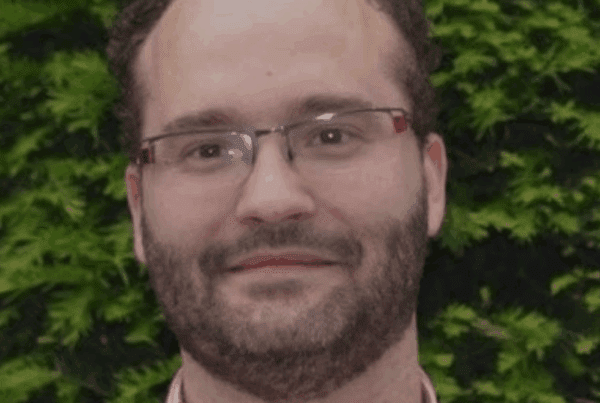Ambrose, R. y Molina, M. (2014). Spanish/English bilingual students’ comprehension of arithmetic story problem texts.. International Journal of Science and Mathematics Education, 12(33), 1469-1496.
In this paper we explore some of factors that affect bilingual students’ comprehension of story problems: vocabulary, syntax, cultural relevance and understanding of the word problem genre. In an effort to determine how these factors interact, we asked 18 Spanish/English bilingual children to retell and solve arithmetic story problems in their first and second language in one-on-one interviews. We found that students attempted to build meaningful representations with coherence among events and actions and manipulated the quantities according to their interpretation. Occasional unfamiliar vocabulary tended not to be an issue. Children made inferences drawing on their personal experiences to make the texts more coherent. It was not so much the surface features of the text including syntax and vocabulary that interfered with children’s interpreting them successfully, rather it was the situations and the limited information provided about them that affected comprehension. We conclude with implications for teachers and textbook writers.





